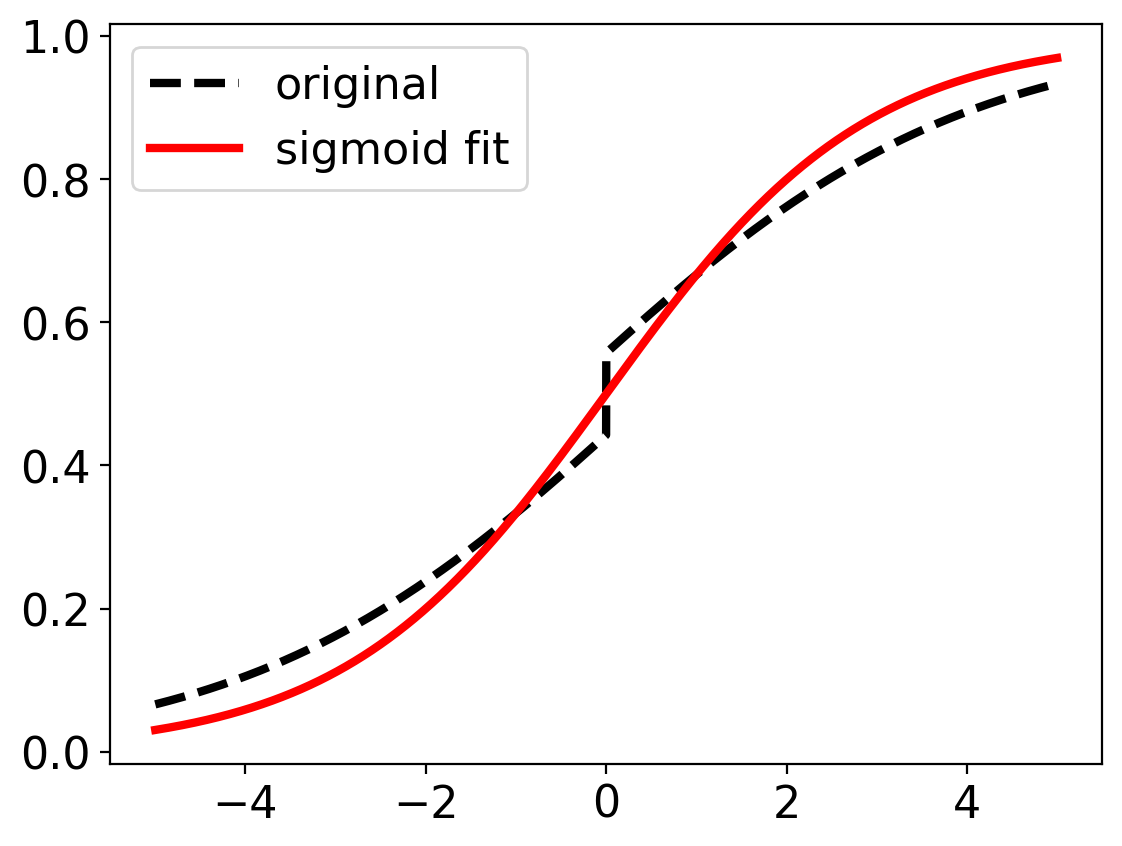Mallows-DPO: Fine-Tune Your LLM with Preference Dispersions
2405.14953

0
0

Abstract
Direct Preference Optimization (DPO) has recently emerged as a popular approach to improve reinforcement learning with human feedback (RLHF), leading to better techniques to fine-tune large language models (LLM). A weakness of DPO, however, lies in its lack of capability to characterize the diversity of human preferences. Inspired by Mallows' theory of preference ranking, we develop in this paper a new approach, the Mallows-DPO. A distinct feature of this approach is a dispersion index, which reflects the dispersion of human preference to prompts. We show that existing DPO models can be reduced to special cases of this dispersion index, thus unified with Mallows-DPO. More importantly, we demonstrate (empirically) how to use this dispersion index to enhance the performance of DPO in a broad array of benchmark tasks, from synthetic bandit selection to controllable generations and dialogues, while maintaining great generalization capabilities.
Create account to get full access
This summary was produced with help from an AI and may contain inaccuracies - check out the links to read the original source documents!
Related Papers

Direct Preference Optimization With Unobserved Preference Heterogeneity
Keertana Chidambaram, Karthik Vinay Seetharaman, Vasilis Syrgkanis

0
0
RLHF has emerged as a pivotal step in aligning language models with human objectives and values. It typically involves learning a reward model from human preference data and then using reinforcement learning to update the generative model accordingly. Conversely, Direct Preference Optimization (DPO) directly optimizes the generative model with preference data, skipping reinforcement learning. However, both RLHF and DPO assume uniform preferences, overlooking the reality of diverse human annotators. This paper presents a new method to align generative models with varied human preferences. We propose an Expectation-Maximization adaptation to DPO, generating a mixture of models based on latent preference types of the annotators. We then introduce a min-max regret ensemble learning model to produce a single generative method to minimize worst-case regret among annotator subgroups with similar latent factors. Our algorithms leverage the simplicity of DPO while accommodating diverse preferences. Experimental results validate the effectiveness of our approach in producing equitable generative policies.
5/27/2024

Token-level Direct Preference Optimization
Yongcheng Zeng, Guoqing Liu, Weiyu Ma, Ning Yang, Haifeng Zhang, Jun Wang

0
0
Fine-tuning pre-trained Large Language Models (LLMs) is essential to align them with human values and intentions. This process often utilizes methods like pairwise comparisons and KL divergence against a reference LLM, focusing on the evaluation of full answers generated by the models. However, the generation of these responses occurs in a token level, following a sequential, auto-regressive fashion. In this paper, we introduce Token-level Direct Preference Optimization (TDPO), a novel approach to align LLMs with human preferences by optimizing policy at the token level. Unlike previous methods, which face challenges in divergence efficiency, TDPO incorporates forward KL divergence constraints for each token, improving alignment and diversity. Utilizing the Bradley-Terry model for a token-based reward system, TDPO enhances the regulation of KL divergence, while preserving simplicity without the need for explicit reward modeling. Experimental results across various text tasks demonstrate TDPO's superior performance in balancing alignment with generation diversity. Notably, fine-tuning with TDPO strikes a better balance than DPO in the controlled sentiment generation and single-turn dialogue datasets, and significantly improves the quality of generated responses compared to both DPO and PPO-based RLHF methods. Our code is open-sourced at https://github.com/Vance0124/Token-level-Direct-Preference-Optimization.
6/4/2024

Direct Preference Optimization with an Offset
Afra Amini, Tim Vieira, Ryan Cotterell

0
0
Direct preference optimization (DPO) is a successful fine-tuning strategy for aligning large language models with human preferences without the need to train a reward model or employ reinforcement learning. DPO, as originally formulated, relies on binary preference data and fine-tunes a language model to increase the likelihood of a preferred response over a dispreferred response. However, not all preference pairs are equal. Sometimes, the preferred response is only slightly better than the dispreferred one. In other cases, the preference is much stronger. For instance, if a response contains harmful or toxic content, the annotator will have a strong preference for that response. In this paper, we propose a generalization of DPO, termed DPO with an offset (ODPO), that does not treat every preference pair equally during fine-tuning. Intuitively, ODPO requires the difference between the likelihood of the preferred and dispreferred response to be greater than an offset value. The offset is determined based on the extent to which one response is preferred over another. Our experiments on various tasks suggest that ODPO significantly outperforms DPO in aligning language models, especially when the number of preference pairs is limited.
6/7/2024

Filtered Direct Preference Optimization
Tetsuro Morimura, Mitsuki Sakamoto, Yuu Jinnai, Kenshi Abe, Kaito Ariu

0
0
Reinforcement learning from human feedback (RLHF) plays a crucial role in aligning language models with human preferences. While the significance of dataset quality is generally recognized, explicit investigations into its impact within the RLHF framework, to our knowledge, have been limited. This paper addresses the issue of text quality within the preference dataset by focusing on Direct Preference Optimization (DPO), an increasingly adopted reward-model-free RLHF method. We confirm that text quality significantly influences the performance of models optimized with DPO more than those optimized with reward-model-based RLHF. Building on this new insight, we propose an extension of DPO, termed filtered direct preference optimization (fDPO). fDPO uses a trained reward model to monitor the quality of texts within the preference dataset during DPO training. Samples of lower quality are discarded based on comparisons with texts generated by the model being optimized, resulting in a more accurate dataset. Experimental results demonstrate that fDPO enhances the final model performance. Our code is available at https://github.com/CyberAgentAILab/filtered-dpo.
4/24/2024